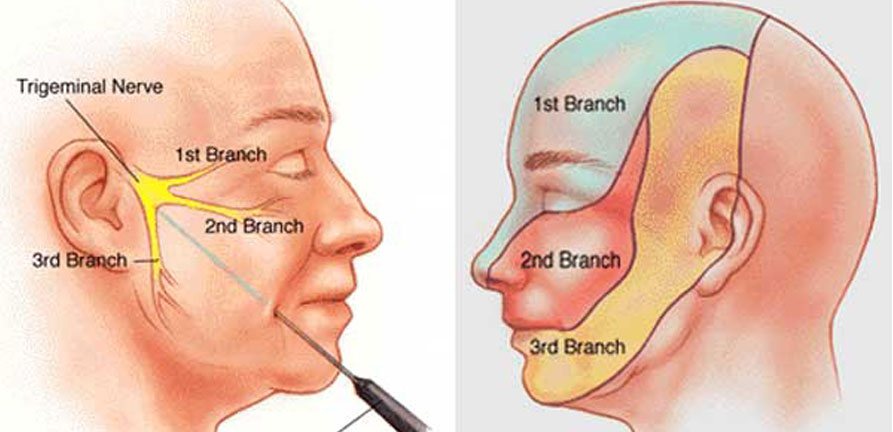
Trigeminal neuralgia or Tic Douloureux is a type of chronic pain disorder, which involves sudden attacks of extreme facial pain. Trigeminal neuralgia affects the trigeminal nerve. It provides the feeling and nerve that signals parts of the head and face. TN is a chronic pain disorder that should be managed and eliminated with trigeminal neuralgia treatment.
Causes of trigeminal neuralgia
The condition may be caused by the blood vessel pressing against the trigeminal nerve, known as vascular compression. The pulse of the artery that is rubbing against the nerve wears away the insulation. The action is called myelin, which leaves the nerve exposed and even highly sensitive.
The best treatment for trigeminal neuralgia
Trigeminal neuralgia drug therapy uses some same medicines prescribed for controlling seizures, including:
- carbamazepine
- gabapentin
- similar agents
Regular blood tests might be required for some medications to check the following:
- white blood cell count
- platelets
- sodium levels
- liver function
Common treatment for trigeminal neuralgia
The anticonvulsant drug that is mostly prescribed for trigeminal neuralgia is Tegretol or carbamazepine, which provides at least partial pain relief for up to 80-90% of patients.
TN treatment
TN treatment starts with medications, and some people don’t need additional treatment. Some people don’t need additional treatment. However, some people with the condition stop responding to medications or experience unpleasant side effects. For many people, surgery or injections provide trigeminal neuralgia treatment options.
If the condition is due to another cause, like multiple sclerosis, you need treatment for the underlying condition.
Medications
Trigeminal neuralgia treatment is done by professionals prescribing medicines to reduce or block pain signals sent to the brain.

- Anti-seizure medicines. The healthcare professionals prescribe carbamazepine for trigeminal neuralgia. It is effective in treating the condition. Other anti-seizure medicines include oxcarbazepine and phenytoin. If the anti-seizure medicine you are using becomes less effective, the healthcare professional increases the dose or even switches to another type.
- Muscle relaxants. Muscle-relaxing medicines may be used alone or in combo with carbamazepine. There can be side effects, which include confusion or nausea.
- Botox injections. Small studies have shown that onabotulinumtoxinA injections may reduce pain from trigeminal neuralgia in people with no help from medicines. But, more research is required to be done before the treatment is widely used for the condition.
Is TN curable?
Attacks begin mild and short, but when left untreated, trigeminal neuralgia can worsen. There are available treatments that you can use to alleviate debilitating pain. Normally, the anticonvulsant medications are the first treatment option.




